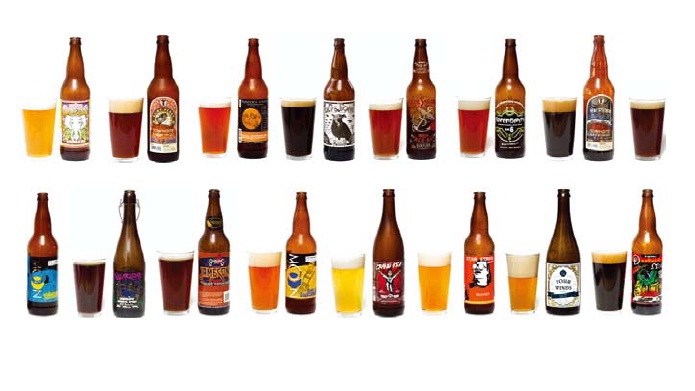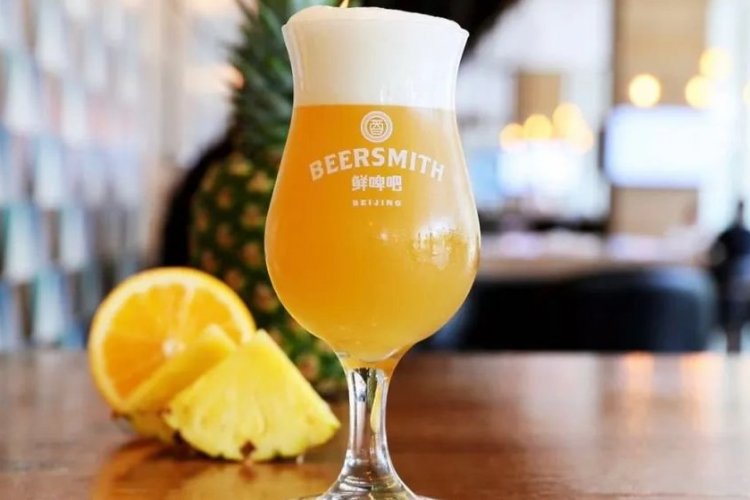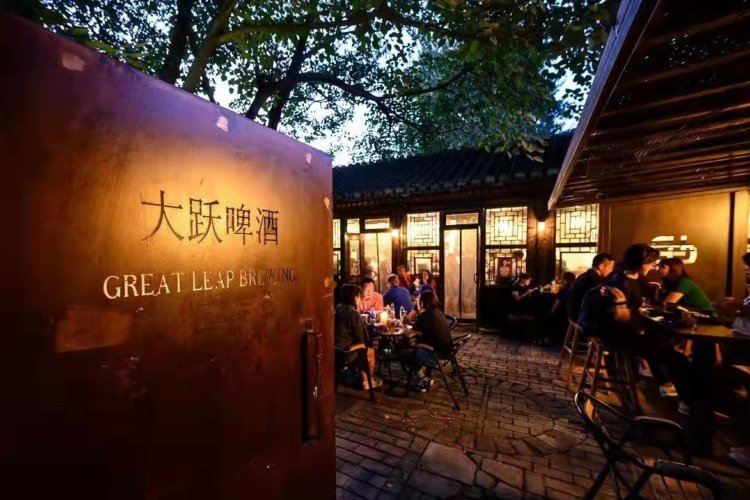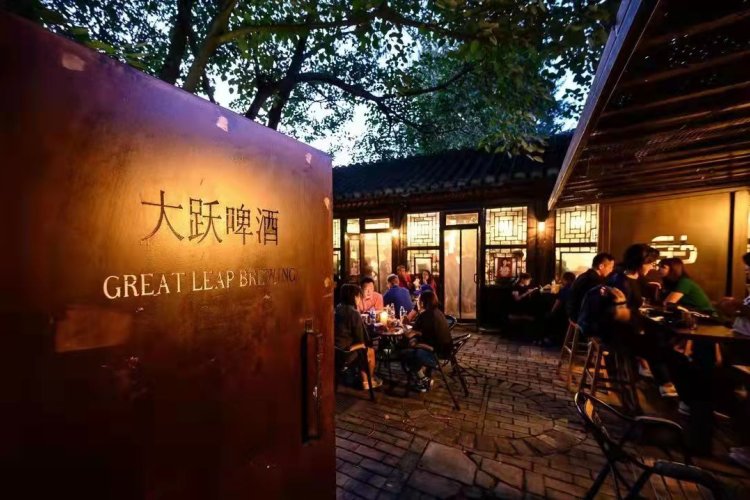Brewing Up a Swarm: Beijing's Beer Lovers Sip, Brew and Bridge Cultural Gaps
Home brewing isn’t just a hobby for Jake Wickham, it’s his chance to turn naysayers into true believers.
“It’s great when someone comes up to me and says ‘I don’t really like beer.’ Because that’s when I’ll find one that they love,” says the founder of the Beijing Homebrewing Society. “I’ve met a lot of people who never thought they’d like beer, but got completely hooked on my fruity beers.”
In the past year, his group of fellow home brewers has frothed over and now has more than a hundred members. But despite what one might assume, the influx of amateur brewers isn’t because females are thirsting for a wider variety of fruity flavors, according to Kristian Li, who got his start as a home brewer before co-founding 京A, one of the city’s fastest growing microbreweries. In fact, that stereotype is far from true.
“Our IPA is a huge seller with Chinese females. I was surprised to hear that most Chinese home brewers are trying to do IPAs,” Li says of the atypical ale found in most Western pubs. He adds that its popularity with Chinese home brewers may be because it’s a standard-bearer. “Most Chinese are trying to brew it because it’s a hardcore beer that hopheads enjoy.”
Alex Acker, Li’s co-founder at 京A, is more euphemistic about the IPA affinity: “It’s kind of like people who start off with sweet frappe mochas. Once you’re a serious coffee drinker, you’ll go with a strong shot of espresso.” Wang Sha, a friend of Acker’s, says she and her fellow Chinese brew enthusiasts quickly acquired a taste for IPA’s.
“I started with lighter beers. But after a while, I’d look at some of 京A’s stronger varieties because I was curious if they would make me drunker, or if I could handle them,” she says with a laugh.
But Wickham insists it’s the flavor variety that draws Chinese drinkers to home brewing. And while many of the locally born brewers in his society first fell for craft beer while studying abroad, others are only getting their first taste during Beijing’s recent brew scene renaissance.
“It’s a huge eye opening experience for a Chinese person that grew up with Yanjing and Tsingtao,” he says. “Their first reaction is: ‘There are different flavors of beer?’”
Yin Hai, former president of the Homebrewing Society and current owner of Tipsy Face Microbrewery, says he and his fellow late bloomers reach for tea flowers, fruits, spices and a host of other fascinating ingredients in their rush to catch up with more seasoned drinkers, who may take craft beer for granted.
“A lot of us Chinese home brewers like to make weird beers. That’s because we don’t have a beer tradition. We only grew up with Tsingtao, so making your own special beer is more rewarding. You feel lucky to use your imagination.”
Dinghao Pan took that creativity beyond brew recipes, and turned it into a living. Like Yin Hai’s Tipsy Face, Pan’s own Panda Brewery stems from the lessons he learned in the Homebrewing Society. Those skills helped them both quickly go from passionate amateurs to some of the city’s most successful brewmasters.
“When we started last year, Great Leap and Slow Boat were the only real successful breweries,” Pan says. “Now there are all kinds of people brewing professionally. All of us with very different styles of beer.”
In the same way that pros like Yin Hai love unique ingredients, Cory Dickson – a Canadian living in Liangmaqiao who just began homebrewing this year – says experimentation is his favorite part of the process.
“I love trying new flavors and then trying to fine tune and get them right,” says Dickson, who recently brewed both coconut and oatmeal drops with his friends.
Aaron Cardon, one of Dickson’s craft brew cohorts, says he enjoys delving into those ingredients for different reasons.
“I like having control of the beer, knowing what’s going in there,” Cardon says of the allure of fresh ingredients.
Wickham says everyone struggles with the issue of quality ingredients in Beijing. Knowing where to get ingredients, and what kind of quality those supplies will be can often feel like a gamble. The Homebrewing Society helps its members navigate those challenges and even sells an assortment of hops and malts. He and other society members are on hand to offer advice to beginners with dreams of brewing their first batch. Yin Hai says that the network is the biggest benefit of home brewing, but not because of its skill set.
“Home brewing is kind of a community where everyone knows everyone, where we hang out and we drink each other’s beer, together.”
Sign up for the Beijing Homebrewing Society’s regular newsletter here.
Related stories :
Comments
New comments are displayed first.Comments
![]() mtnerror
Submitted by Guest on Tue, 07/08/2014 - 19:02 Permalink
mtnerror
Submitted by Guest on Tue, 07/08/2014 - 19:02 Permalink
Re: Brewing Up a Swarm: Beijing's Beer Lovers Sip, Brew and...
"...others are only getting their first taste during Beijing’s recent brew scene renaissance." -- Should read "during Beijing's most recent brew scene renaissance." At least one microbrewery has been in town for 23 years and counting, but there were others who had a go at it after that.
"“I’ve met a lot of people who never thought they’d like beer, but got completely hooked on my fruity beers.'” -- Because they need to stop believing only the mass market volume lager makers define what a beer should taste like, and open up their eyes a bit. The Belgians & Bavarians have been doing "fruity beers" for hundreds of years (a few hundred years longer than Mr. Wickham) and they're widely available to anyone who wants to reach for something other than what's advertised for sporting events. Here's to hoping you find a decent pint.
Validate your mobile phone number to post comments.








